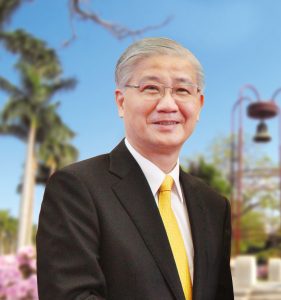 PLOS ONE has retracted the last of five papers by a former employee of Pfizer, who the company fired after determining she had duplicated data.
PLOS ONE has retracted the last of five papers by a former employee of Pfizer, who the company fired after determining she had duplicated data.
After its investigation, Pfizer asked journals to retract five papers co-authored by Min-Jean Yin. Last week, PLOS ONE retracted the final two remaining papers. Both notices cite image duplications; Yin contacted the journal about one paper, but did not comment on the other retraction.
Here’s the notice for “miR-221 Promotes Tumorigenesis in Human Triple Negative Breast Cancer Cells:”
Continue reading Fired Pfizer cancer researcher loses final two of five papers pegged for retraction
 A pharmacology journal has
A pharmacology journal has 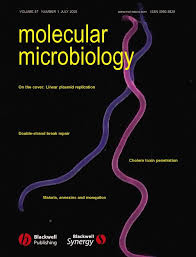 A researcher who resigned from the University of Dundee in Scotland after it
A researcher who resigned from the University of Dundee in Scotland after it 
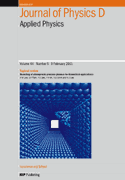
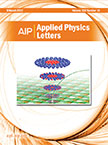
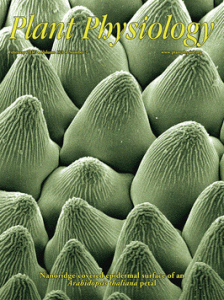 Researchers in China have retracted a paper and corrected three others in a plant journal, citing problems with multiple figures.
Researchers in China have retracted a paper and corrected three others in a plant journal, citing problems with multiple figures.